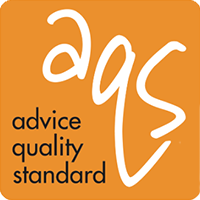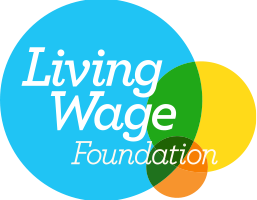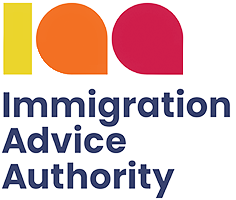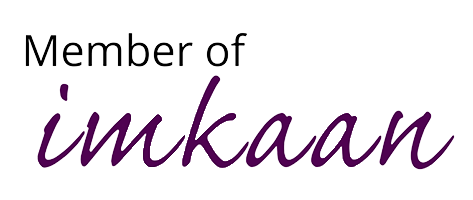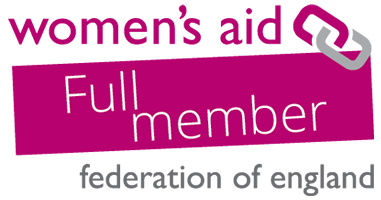For more than 35 years, LAWA has worked tirelessly to make this world a place where women and children are free from violence and oppression and can achieve their right to self-determination. We offer holistic and intersectional services ranging from emergency refuge homes, advice and support, crèche, English classes, counselling, a Change Maker empowerment programme, a housing policy project (WAHA) and children and young people’s services.
We understand that trauma shows in different ways for everyone, and that this is impacted by the intersected identities from our service users. We consider this principle as part of our service delivery, our monitoring, evaluation and learning, our policy and advocacy work, and our internal operations. It means we offer a safe space and environment for everyone that works at LAWA and that comes to access our services. We always provide information and options, so the service user is in control of their own pathway.
Our work is one that aligns with a wider goal of social justice. There cannot be social justice while women and children are still enduring patriarchal and white supremacist oppression. To dismantle these systems, which are interconnected and sustain one another, we must all play our role. Within this context, LAWA’s work is focused on working directly with survivors and providing emergency accommodation and 1:1 service to women and children.
As a Latin American organisation, we aim to embed our work within the practice of communitarian feminism, especially the collective approach of working with and for the community. As a diaspora community, we highly rely on our social fabric, solidarity, and support from one another within the community. Working for the well-being of the community is part of this approach. The black feminist approach is also linked with the intersectional approach, which aims for social justice.
Global Majority Women and children survivors of VAWG face additional challenges given the intersecting disadvantages that shape their experience of abuse. In this sense, by having an intersectional approach in our work, we understand that all women’s experiences are different and that there is an additional impact that results of the intersection of different sides of their identity, such as race, class, immigration status, sex orientation, disability, neurodiversity, among others.
Anti-racism is a wider principle, aligned with the wider VAWG sector anti-racism charter. But it is also an approach that allows us to understand how anti-racism and colorism operate within our community and in our home countries. These principles also call for personal reflection on one’s identity, privileges, and power dynamics and how these can vary from one context to another. It is important to be aware of this and the role it plays in the provision of services and the relationship with the service users.
We understand sisterhood as the political solidarity between women. At LAWA, we stand in sisterhood with indigenous, black, Asian, and trans women. Identifying ourselves as a black feminist organisation is a complex journey that calls for internal reflection and deconstruction, and that can be an uncomfortable one.
Our organisation is led by and for Latin American and Global Majority women. Each and every one of our workers, volunteers and board members represent the spirit of LAWA by committing to fulfilling our vision and mission.
Our team is compound of incredible women from different Latin American and other global majority backgrounds. They have experience in areas such as Gender-based Violence advising, counselling, monitoring and evaluation, refuge management or community engagement, and by working together at LAWA, they provide support to over 1,500 women per year.
LAWA is a Living Wage Employer accredited by the Living Wage Foundation. We consider the race and gender of our candidates as an occupational requirement in accordance with paragraph 1, Schedule 9 of the Equality Act 2010.
LAWA’s Board of Trustees is made up of migrant and Latin American women who work in different sectors in the United Kingdom such as finance, marketing, and the charity sector. Each of the members brings unique values to the Board, making the staff not only our governing body but also an excellent support team for our daily activities.
If you are interested in becoming a trustee of LAWA please email a short cover letter and CV to board@lawadv.org.uk, letting us know what LAWA’s values mean to you and what you hope to bring to the board. You do not need any formal qualifications to be on the board – your life experience could be just as rich and important.
Said that it made a difference that the service was available in a Latin American/black and minority ethnic-led women’s organisation.
Said that the advice provided helped them increase their knowledge about their rights, options and services in the UK.
said they wouldn’t consider going back to their previous relationship.
Phone: 020 7275 0321
Email: info@lawadv.org.uk
© 2025 LAWA.
© LAWA Registered Charity
No 299975.
By subscribing to our newsletter, you agree to being contacted by us for campaigns, appeals, fundraising, news and general updates. You can unsubscribe at any time by clicking the link in the footer of our emails. For information about our privacy practices, please visit privacy policy.
